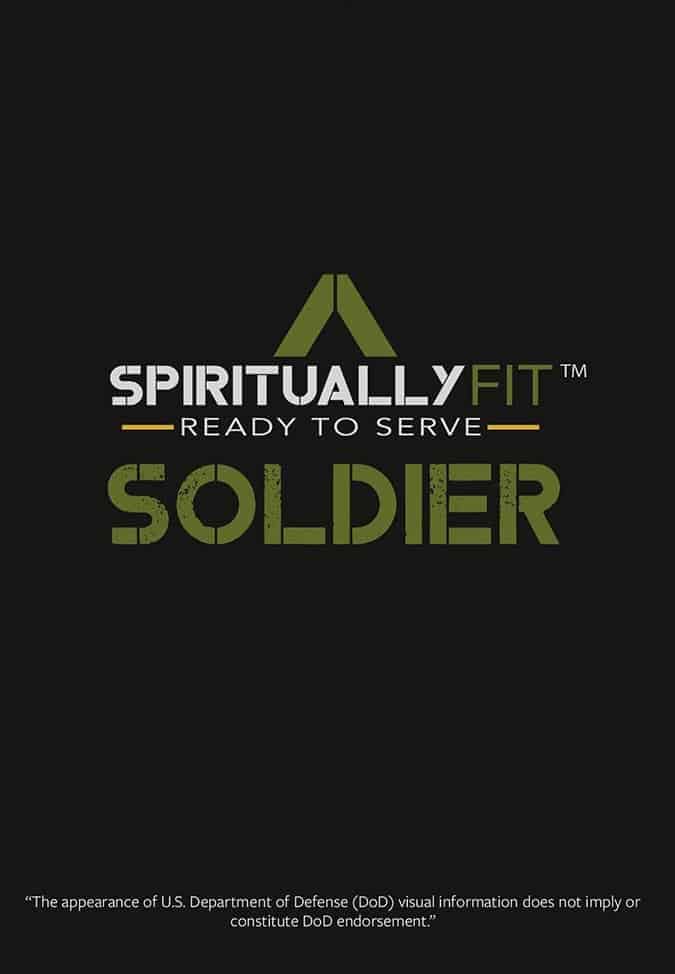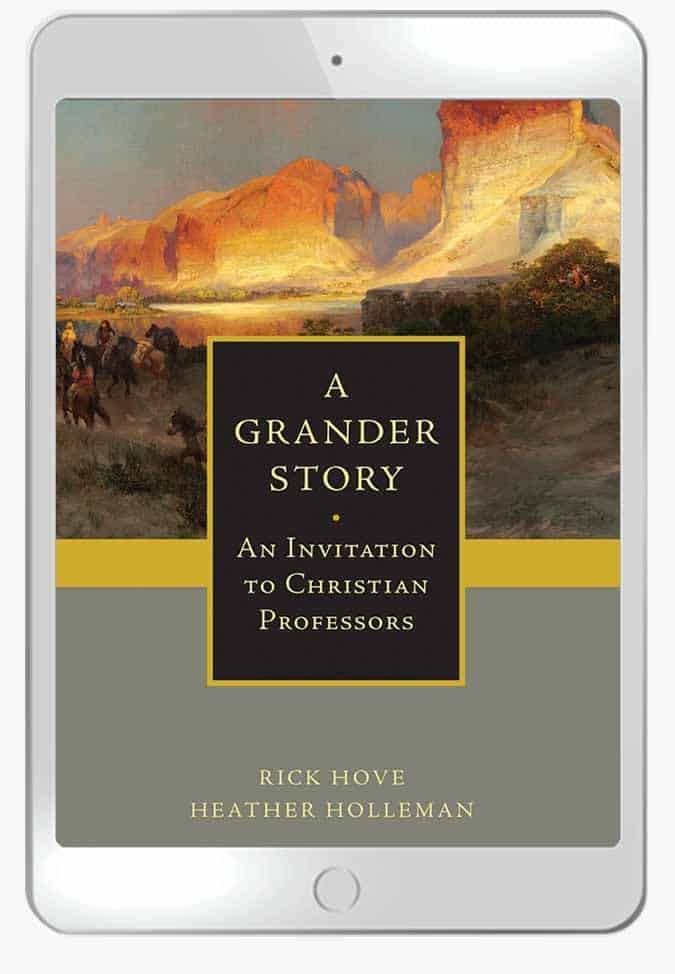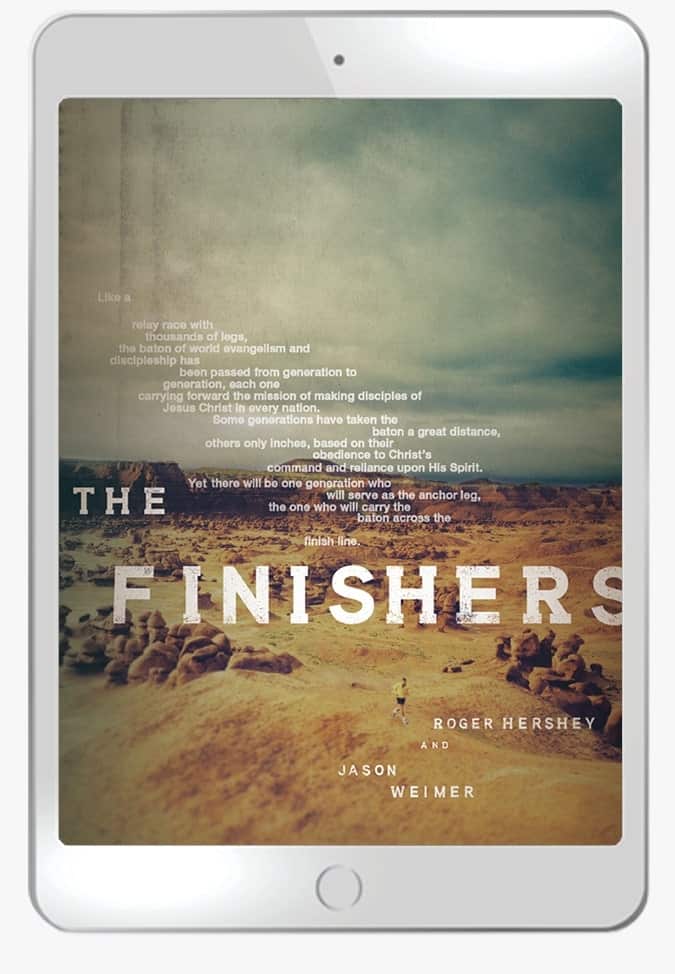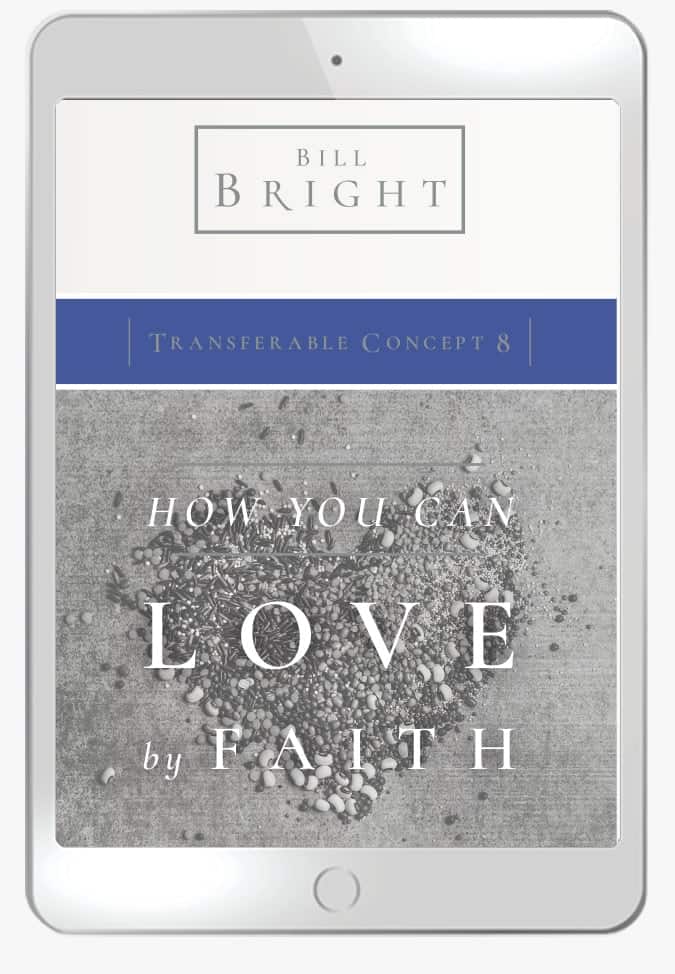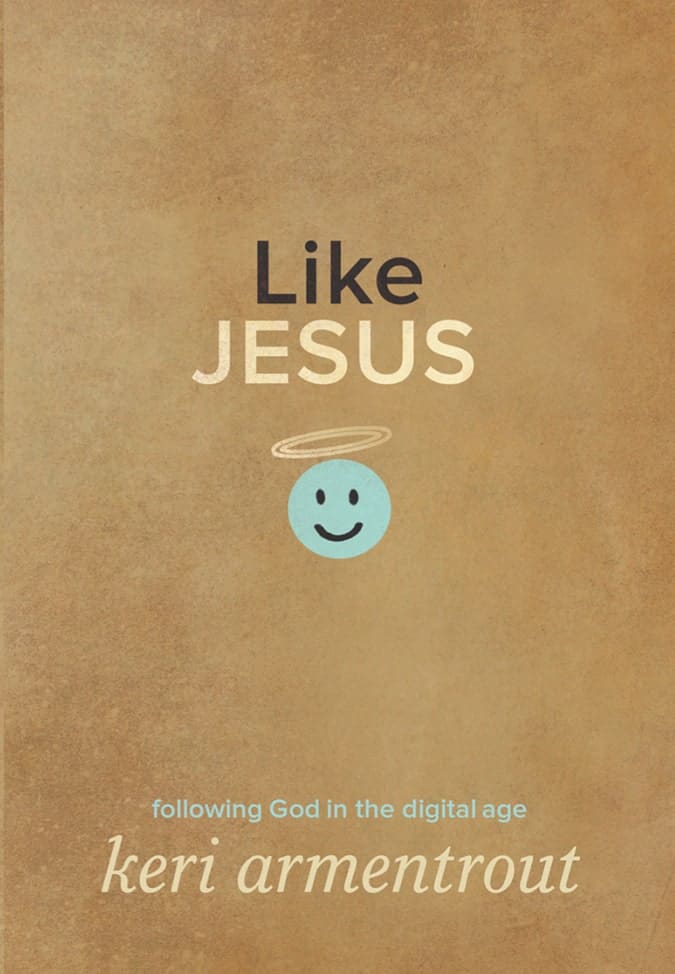3 Questions for Discerning Your Calling

“Work is not, primarily, a thing one does to live, but the thing one lives to do. It is, or it should be, the full expression of the worker’s faculties, the thing in which he finds spiritual, mental and bodily satisfaction, and the medium in which he offers himself to God,” says British novelist Dorothy Sayers.
What does it mean to view work as the means in which we offer ourselves up to God? That sacrificial view of work is almost totally foreign to us today.
When discerning our career paths, almost all of our questions are aimed at serving ourselves, rather than God and others. We ask, Which career will earn me the most respect and adoration from others? Which career will help me accumulate the most wealth in the shortest amount of time? Which career will give me the most freedom and flexibility?
It’s no wonder a record number of people are choosing the path of entrepreneurship, which holds the promise of coolness, the prospect of riches and the potential for relative freedom. The fact that all three of these things ultimately come down to our identity is no surprise.
Nothing shapes our identity more than our chosen work. It’s why, “What do you do?” is the first question you are asked when you meet someone for the first time.
Our identities are so wrapped up in our answers to that question that it is almost irresistible not to choose a career based solely on which job will help us best cultivate the image we want to portray to the world. But for Christians, our identity is already defined.
We are children of God! Because of the gospel, our work can become the expression of our identity rather than the source of it.
If our work is going to be more than a job—if it’s going to be a true calling on our lives—then we must ask questions about how we might best serve God. Our work can only be a calling if Someone calls us to it and we work for their sake and not our own.
Here are three excellent questions to ask yourself when discerning God’s calling on your life:
- What am I passionate about?
- What gifts has God given me?
- Where do I have the greatest opportunity to love others?
It’s these three questions that will help you discern where God has called you to put your energy on His behalf.
What am I passionate about?
In Genesis, it’s clear God created for the pure joy of creating. He created because He wanted to, not because He needed to.
Isaiah 64:8 says, “We are the clay, and [God] our potter.” One of the ways God molds us and helps us discern our calling is by giving us our passions, the things that bring us pure joy.
Have you always wanted to start a business, launch a nonprofit, release an album, write a book or set-up a store on Etsy? Great! Identifying passions like these are key to discerning your calling; but passion without competence is worthless.
What gifts has God given me?
Writing to the early Church in Rome, the Apostle Paul says, “Since we have gifts that differ according to the grace given to us, each of us is to exercise them accordingly” (Rom. 12:6a).
We usually choose to define calling by saying it is what we are really passionate about, rather than the intersection of our passions and giftings.
In order to best glorify our Creator and love others, you should do the work you are best at, work that God has equipped them to do exceptionally well.
“The Church’s approach to an intelligent carpenter is usually confined to exhorting him not to be drunk and disorderly in his leisure hours, and to come to church on Sundays. What the Church should be telling him is this: that the very first demand that his religion makes upon him is that he should make good tables,” Dorothy Sayers in “Why Work?” essay.
It takes trial and error to discover the gifts God has given us. Failures don’t mean we aren’t gifted in a particular field, but we should be in a continual process of discernment. Be on the lookout for patterns and listening to the counsel of others to identify the gifts God has given us.
Where do I have the greatest opportunity to love others?
Have you identified something that you are passionate and gifted at?
As a creator, you should be on the lookout for where God is moving around you. What passions is He inviting you to put to work for His glory?
“There seems to be a natural connection between the discovery of entrepreneurial opportunities and the master’s admonition in Matthew 25 to be watchful of his return and to be caretakers of his property,” said Rev. Robert Sirico.
We are all called to create. It’s up to you to steward those God-given gifts well, so that one day, the Master might also say to you, “Well done, good and faithful servant.”
About the Author: Jordan Raynor is a serial entrepreneur and bestselling author who currently serves as the CEO of the venture-backed tech startup, “Threshold 360.” He is also the co-founder of Citizinvestor, the world’s largest crowdfunding platform for government projects. Author of “Startup Stories”, Jordan has twice been selected as Google Fellow and served in the Bush White House in 2006. He lives in Tampa, FL with his wife and their two young daughters.Used by permission of Baker Books, a division of Baker Publishing Group. (http://www.bakerpublishinggroup.com), copyright 2017 by Jordan Raynor.







